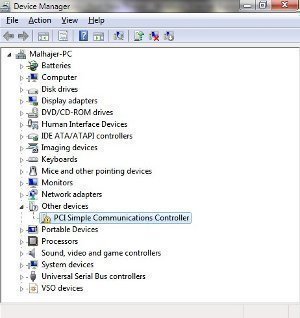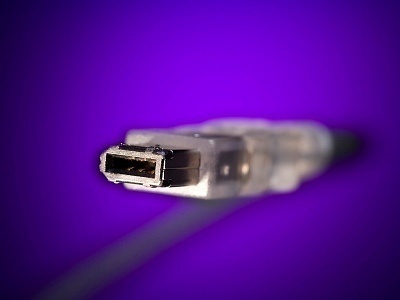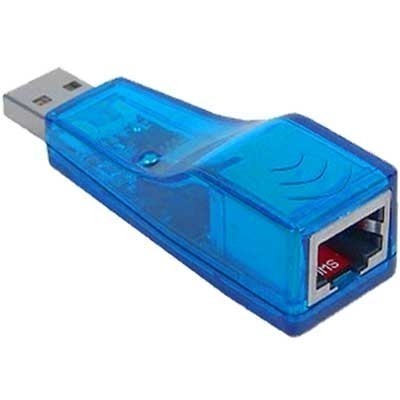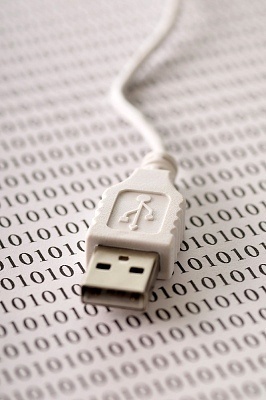A PCI simple communications controller is a software component found on a computer that controls the PCI connected devices plugged into that computer. PCI (Practical Communication Interface) is a hardware component built into the computer that allows a wide variety of devices to physically connect to the computer via individual card slots. While the PCI allows the devices to be connected to the computer, the simple communications controller is responsible for managing the actions each device takes and how software interacts with those devices.
How a PCI Simple Communications Controller Works
A PCI simple communications controller is essentially a driver that runs the PCI card port. The actual PCI simple communications controller can be downloaded from the Internet and updated at any time, while the PCI is a hardware component that is either installed or not installed. However, each device that is connected to the PCI may appear as a separate hardware component in the computer’s Device Manager.
Applications
The PCI simple communications controller is used to manage a variety of PCI connected devices such as modems, USB ports, SD card ports, and network adapters. Generally, the PCI communications controller is used with devices that are not compatible with standard ports, cables, and/or drivers. While these devices may not work with the computer’s usual programs or hardware, the user can install PCI devices by simply plugging them into an available PCI slot.
Advantages and Disadvantages
Although a PCI connected device may be installed on a computer, the computer may not recognize what the device is or what it should be used for, causing the device to have a yellow flag next to it in the Device Manager. One may fix this by right clicking on the device and updating its drivers.




Follow Us!